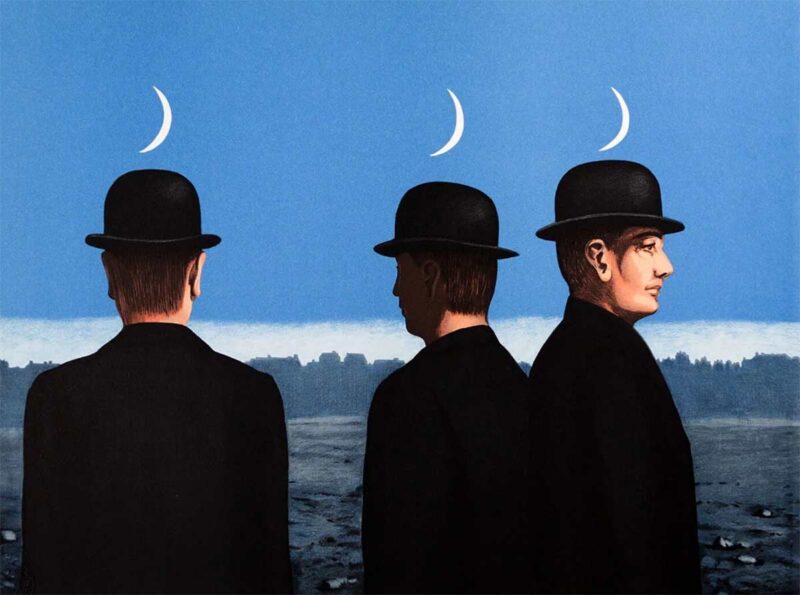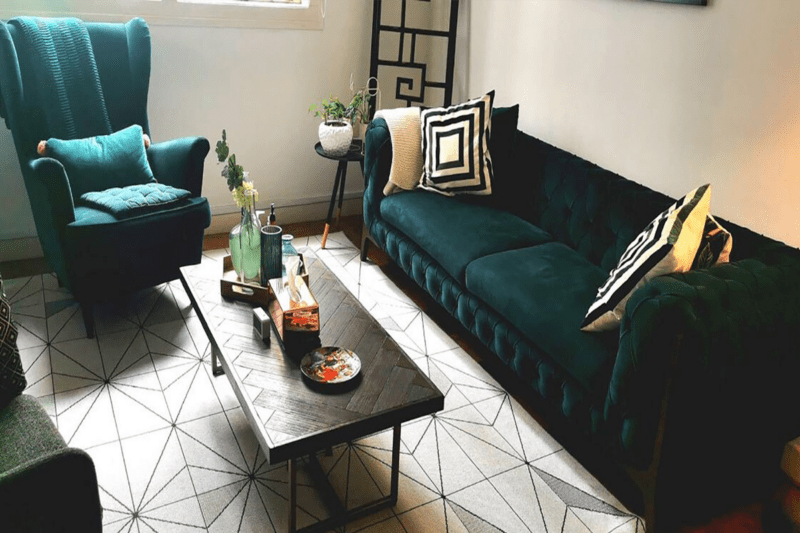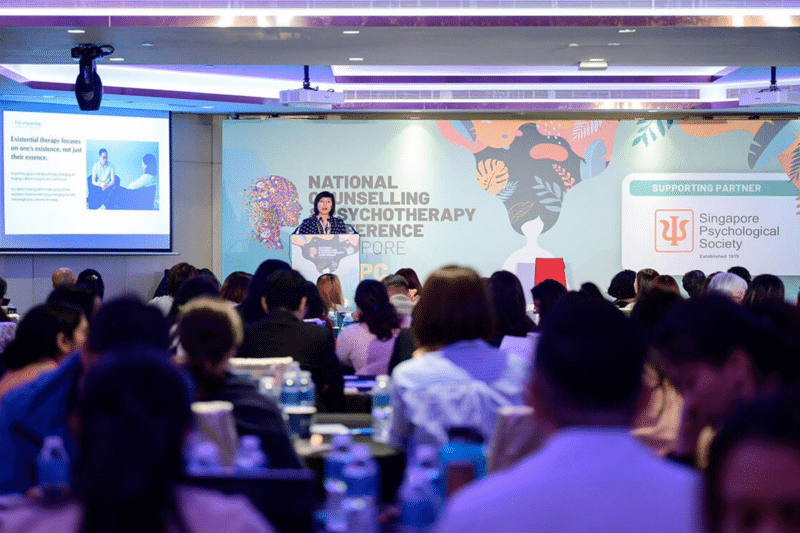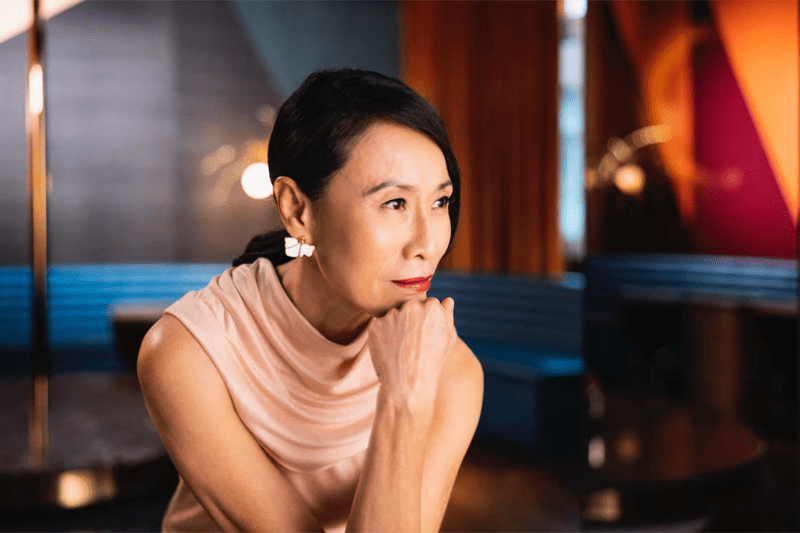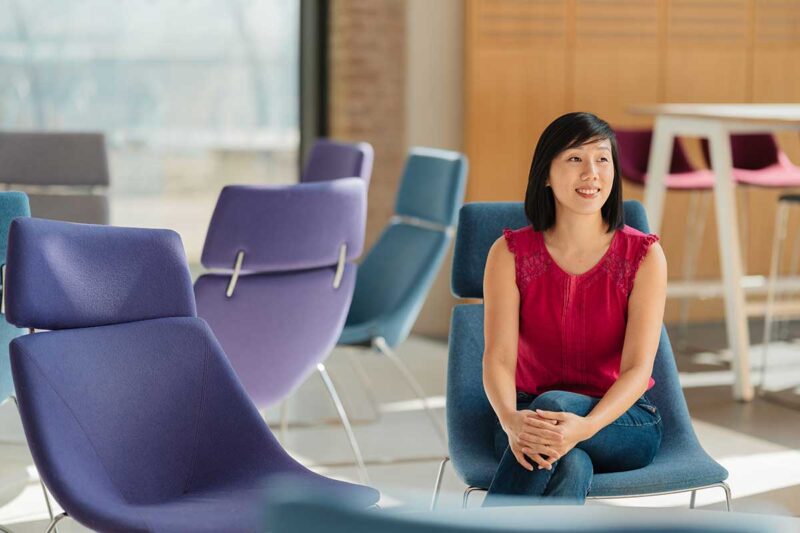What do you think of this necklace?” the wife asked. It was a thin silver chain with a dark, large stone encased in silver.
“I think it’s gaudy, something my grandmother might wear,” the husband replied.
What is your first response if you were the wife?
The husband here is Dennis D. Waskul, a professor at Minnesota State University. Interested in the topic of authenticity, he designed his own Garfinkelian social experiment, where he would be completely honest to himself and others for an entire day. This was his authenticity project.
Authenticity is a buzzword these days. We use it in the field of leadership, tourism, experiences, food and many more. We cannot deny it has become an important value in our society. Even for those of us who do not explicitly use the word, phrases like “be true to yourself”, “be who you really are”, “follow your heart”, “be yourself” or “express the real you” will not be unfamiliar.
Behind these phrases is an assumption that our inner self is the true self and the outer self is just a mask. To be authentic is to make our outer self more congruent with our inner self.
I grew up in this culture as well. I believed it. However, simmering beneath the surface was always some kind of anxiety, guilt and doubt. I often found myself struggling to express myself to others with full honesty. My mind would tell me that it is okay to be honest with what I thought but my body screamed, “Danger!” What became easier for me was to wrap uncomfortable truths in pretty packages – I often wondered if telling these truths as they were might upset the people I was talking to.
So just reading Dennis’ day of expressing his true thoughts cracks me up endlessly. Yet, I am aware of my own anxiety around it as well.
It makes me question if the consequence of authenticity is pushing people away for the sake of being true to ourselves. Is this how it should be?
Here is another snippet of Dennis’ day.
“Dennis, are you busy right now?”
“Ah, well, actually YES.”
“Oh, I’m sorry…. Hey I have a student in the office right now, one of my advisees. He is having a hard time crafting the method sections for his qualitative study. I’m wondering if you’d be willing to meet with him, help work through his problems, and get ready to collect data. Could you do that?”
“I could but I don’t want to. I have enough students of my own. I don’t need to take on yours as well…. I am very busy, and you’re asking way too much of me.”
“Well, excuse me!” she says in a tiff, as she turns and walks away.
Clearly, I understand where the humour of it comes from. Few of us speak with so much honesty and transparency and it’s refreshing to hear others speak like that.
However, this invites us to rethink what authenticity truly means. Giving Dennis credit, he was being sincere. Sincerity, according to Lionel Trilling, author of Sincerity and Honesty, refers to a congruence between avowal and actual feeling. We would then need to ask ourselves if sincerity and authenticity are actually the same thing.
I’m ending this first article here, with more questions than answers because authenticity is deeper than what it seems.
I’m hoping that through the next couple of articles, you and I can explore different sides of authenticity. And as we emerge out of it, we can see authenticity in a new light. This time with more clarity and understanding.
Related Articles
What is Existential Therapy?
Existential therapy encourages people to embrace the reality of suffering in order to work through and learn from it.
About the Author
Hi, I'm Mag: a UKCP-accredited counselling psychologist and founder of Singapore’s first ever existential practice. My care philosophy is not to diagnose, label, or categorise but rather to work with the individual in front of me in the here and now.
My clinical credentials certainly play a significant role in defining my professional identity. But to foster a deeper connection and authenticity, I invite you to discover my other “Selves”, the various facets of who I am.




